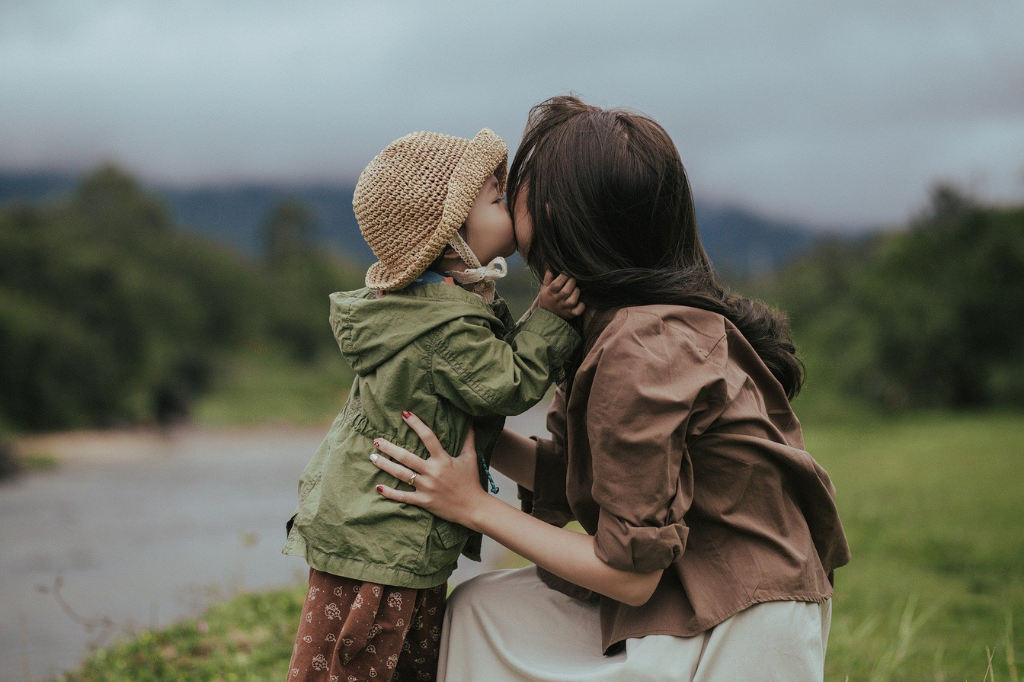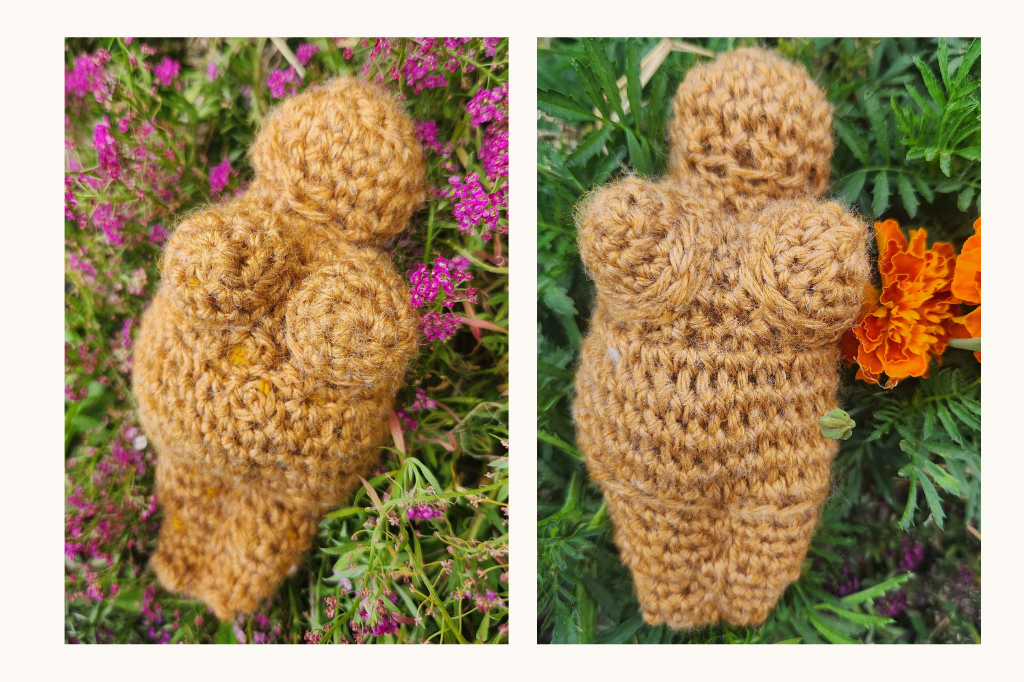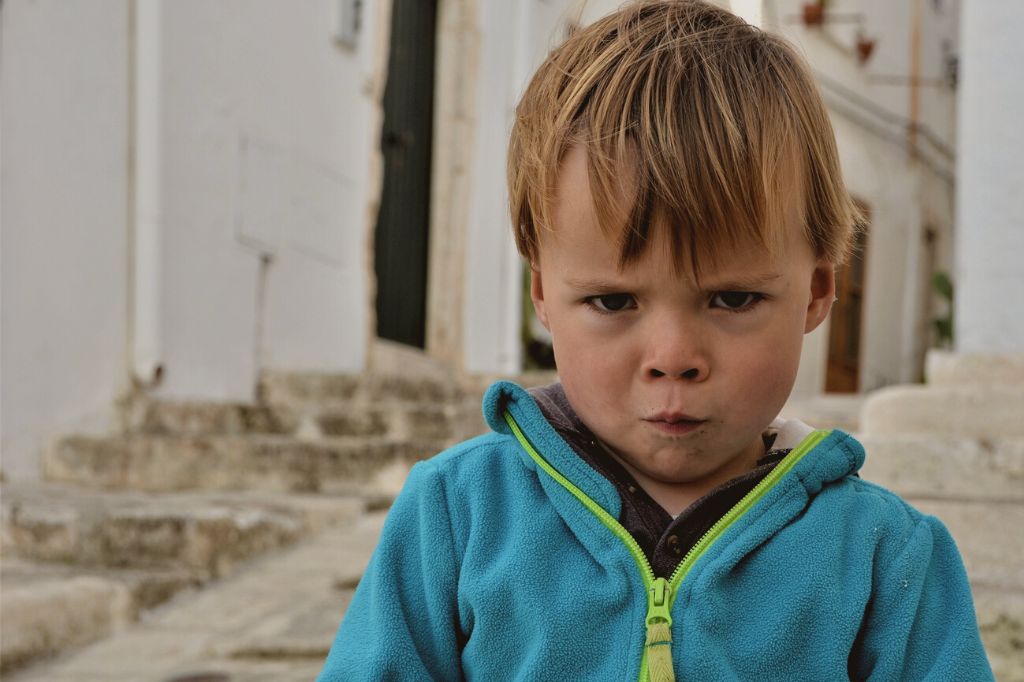Breaking Cycles of Trauma with Intentional Kindness
When people talk about being ‘cycle breakers’ in regards to parenting they usually mean the cycle of generational trauma. The word trauma may have you imagining high-stakes situations like fleeing from a war – that is certainly traumatic! But in reality, trauma can be much more mundane, than what Hollywood would like you to think.
“Sure I spank my kids, my dad spanked me and I turned out fine”
“If you don’t give grandma a kiss you’ll make her sad”
“You can’t do that, that’s for the smart kids”
What is Generational Trauma?
Generational trauma refers to the effects that trauma has from one generation to the next, and as those behaviors repeat between multiple generations it can become a cycle.
Some common examples of the effects of generational trauma are
- Negative or unhealthy behavior patterns
- Substance abuse
- Physical, emotional, or verbal abuse
- Anxiety and depression
- Low self-esteem
- Difficulty regulating emotions
So using that definition let’s re-examine those same sentences:
“Sure I spank my kids, my dad spanked me and I turned out fine”
‘It’s okay for me to hit my kids because my dad hit me, I don’t think my dad is a bad person so hitting my kids must be okay’
“If you don’t give grandma a kiss you’ll make her sad”
‘It’s your job to put grandma’s emotions ahead of how you feel about your body, other people’s needs come first’
“You can’t do that, that’s for the smart kids”
‘I don’t think you’re good enough to succeed at that so I am not willing to let you try’
Generational trauma tricks your brain into justifying unhealthy behaviors by desensitizing you to things that you wouldn’t otherwise accept.
If one of your parents was verbally abusive to you as a child then you’re much more likely to accept that kind of abuse from a significant other as an adult.
Even though you wouldn’t go looking for a partner who yelled at you. No one is putting “looking for tall, handsome, and prone to yelling ” on their dating profile. If you grew up in a household where being yelled at was commonplace then you’re less likely to question whether your partner should be yelling at you as an adult.
Recognizing how you were raised and the effect it has had on your life can be an incredibly powerful tool for parents and parents-to-be.
Gentle parenting requires you to look at how you respond to things, which in turn can help you to realize what things you want to do differently than your parents.
In a sense, it forces you to do that emotional work on yourself.
While it’s a fact that you can’t change your parenting style in a day (and the process of unlearning trauma responses can be the work of a lifetime) choosing to stop a cycle of behavior is something you can do today.
Over time lots of little steps can lead to big changes, and just in case there is no one else to tell you – if you want to do it, I think you can.
Gentle Parenting and Cycle-Breaking
Gentle Parenting requires patience.
And patience requires you to be able to emotionally regulate yourself even if you’re mad, or tired, or your boss yelled at you that morning, or your newborn kept you up all night and now your toddler is adamant that it is not raining (even though it definitely is) and they want to go to the pool right now – you get the idea.
Learning to recognize when we are reacting from a place of trauma teaches us how to handle our big emotions so that we can be there for our kids to teach them how to handle theirs.
Parenting, as anyone who works with kids will tell you, gives you PLENTY of opportunities to practice staying calm.
What makes gentle parenting stand out is that it gives you the tools to teach your children (and yourself) how to handle those big feelings in actionable ways.
The cycle of generational trauma can end with you.
It’s just a matter of recognizing the things you want to change and doing the work to make it happen.
What do you think?
Do you think gentle parenting is a good way to combat generational trauma?
Is generational trauma a phrase you’ve heard before?
If you’d like to make your own first steps toward gentle parenting as a way to heal generational trauma then check out my post 5 Ways to Be a Gentler Parent.








